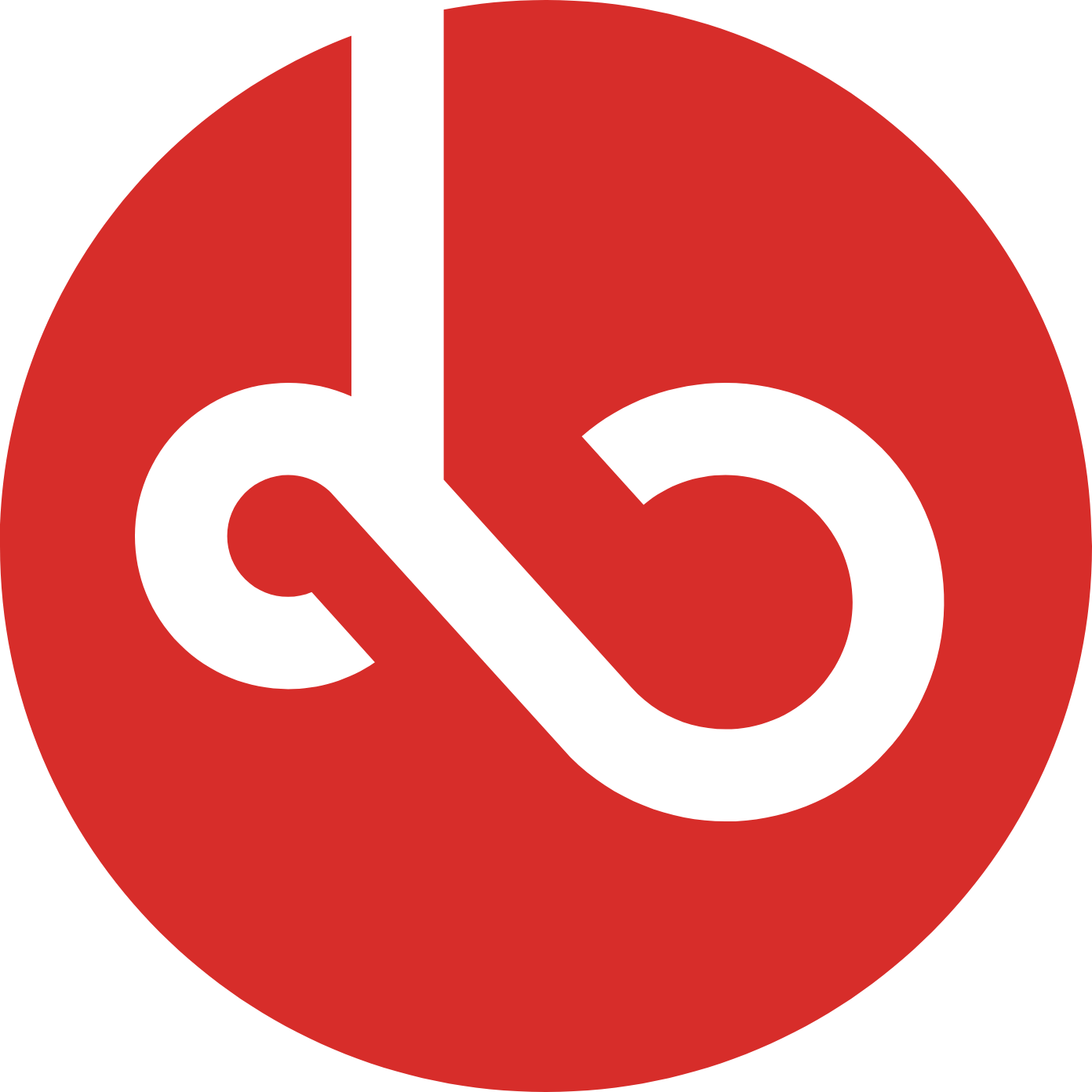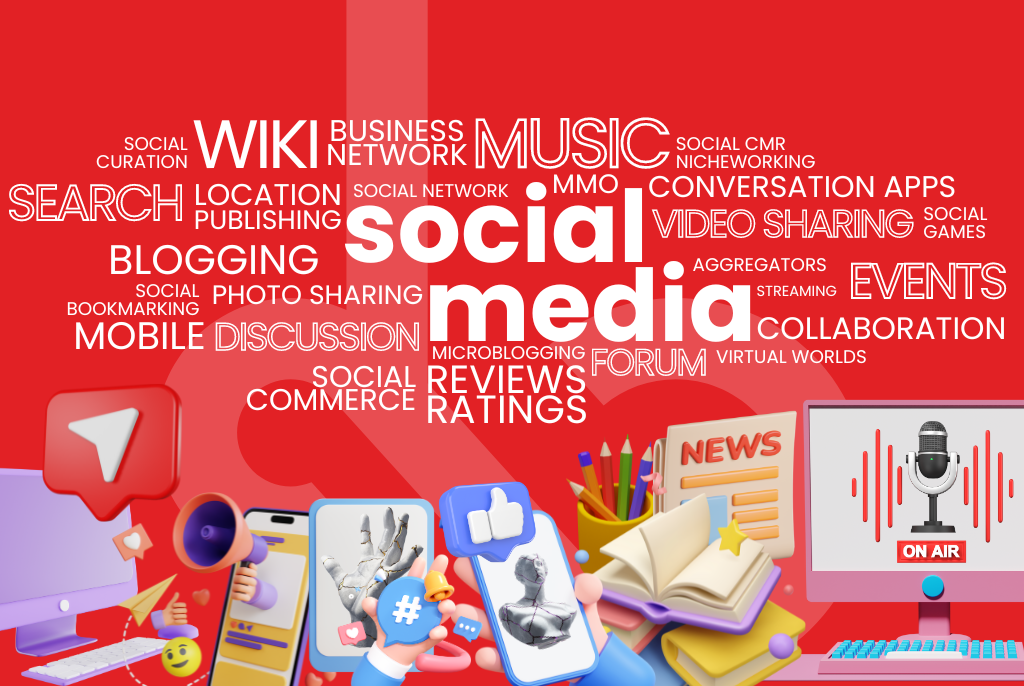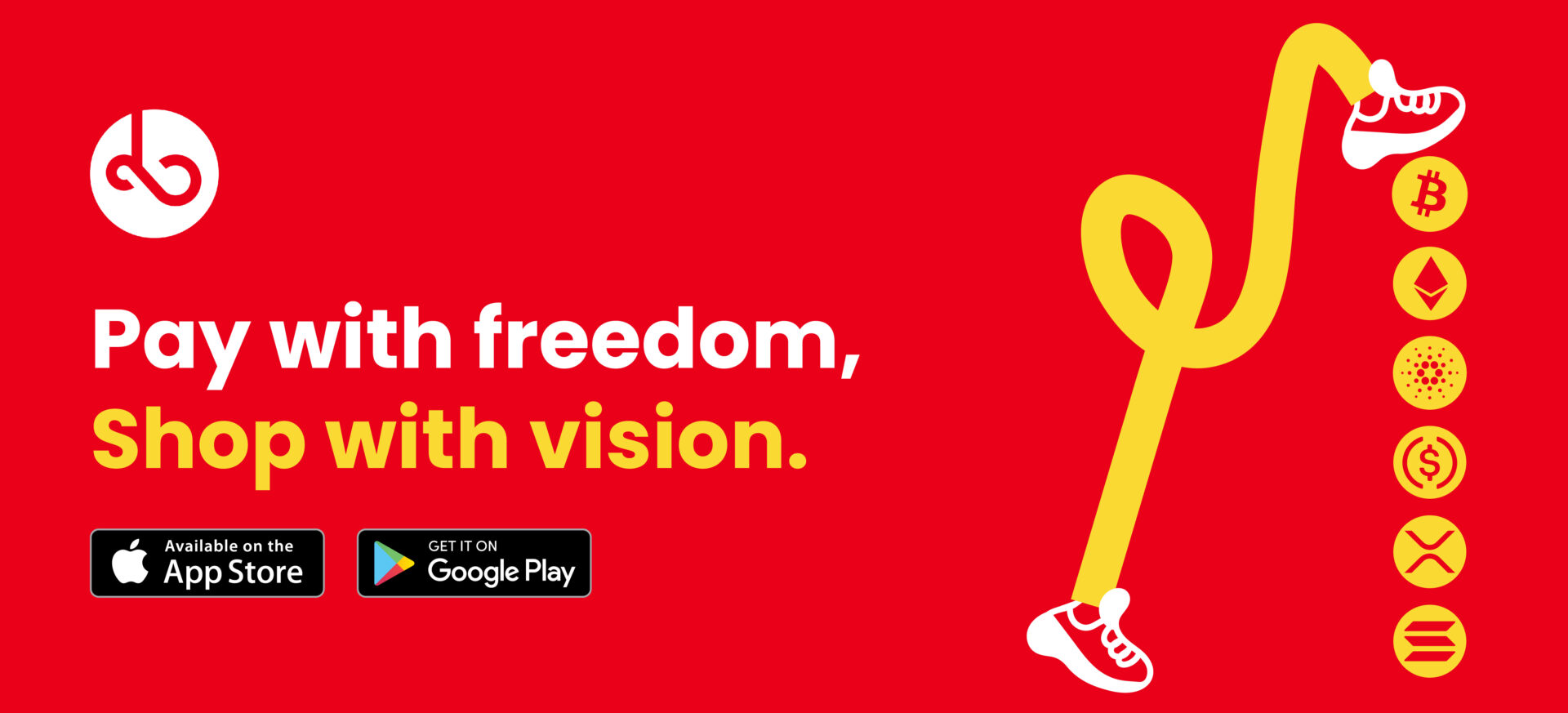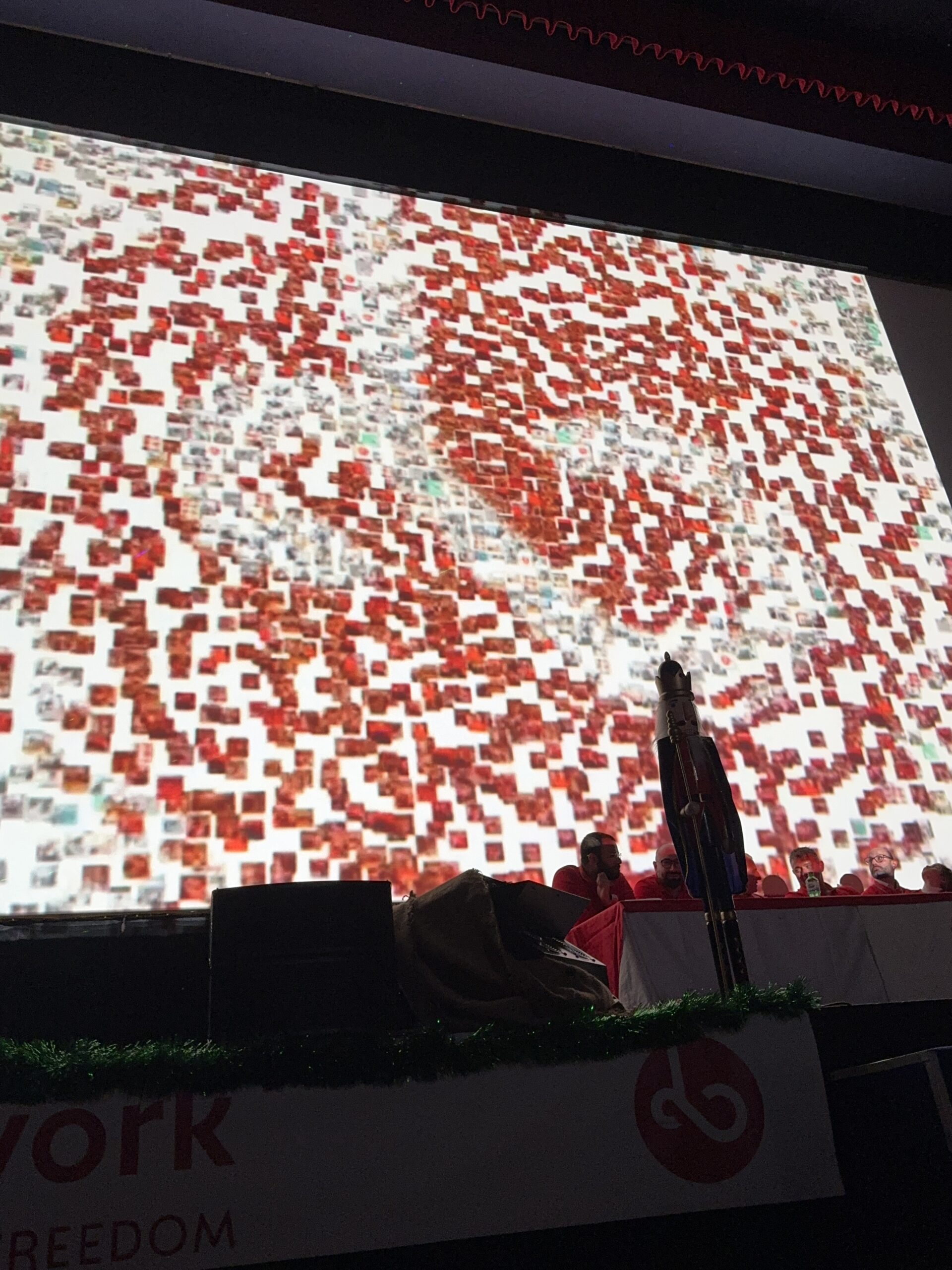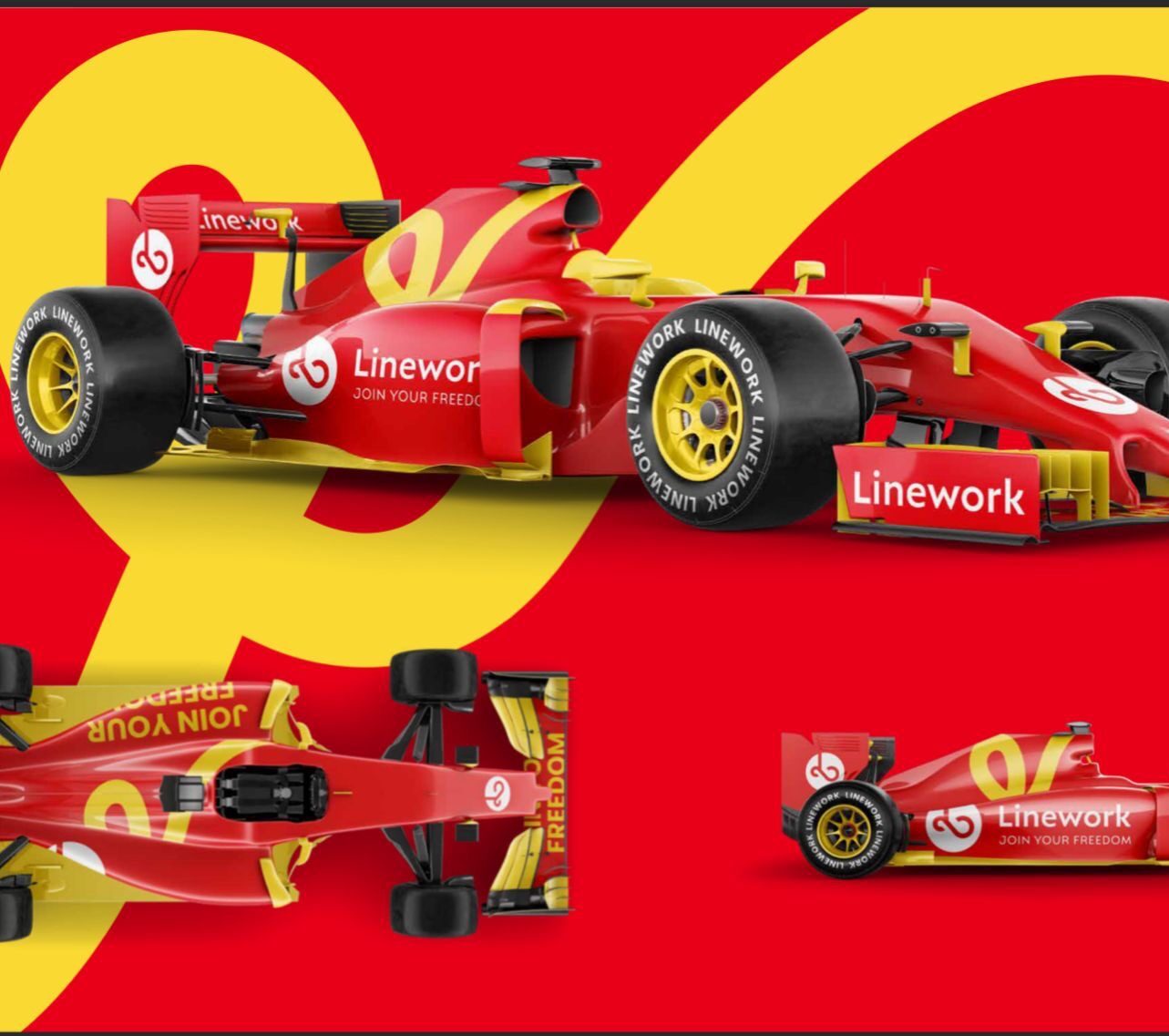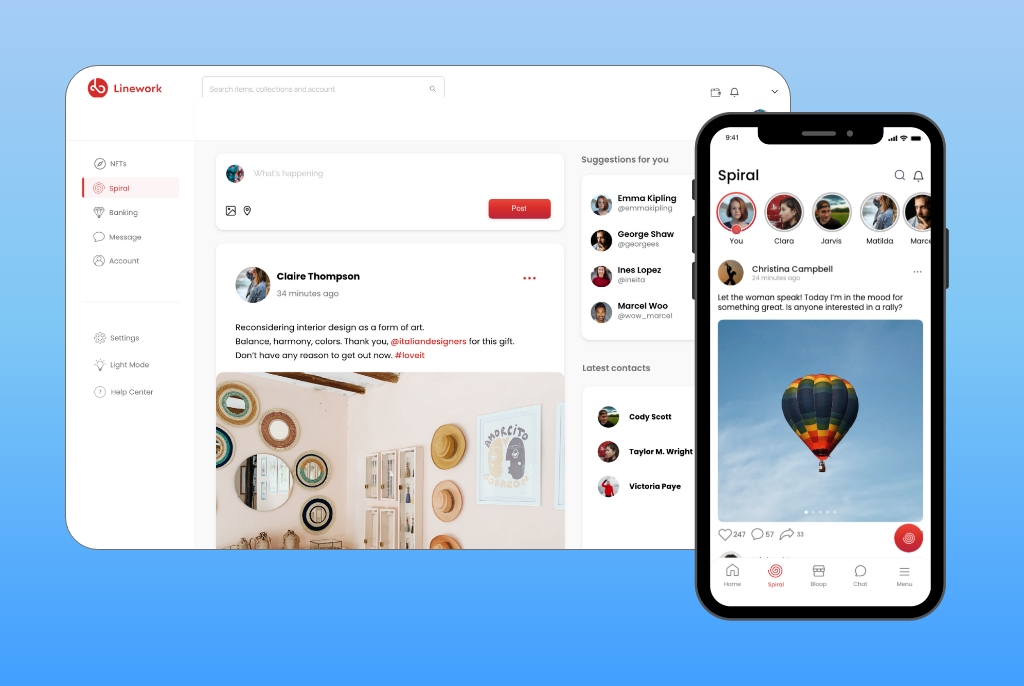Tweet. Post. Share. I like. Heart. Follow. Unfollow. Block. Archive.
Social networks have become an integral part of people’s daily lives all over the world. With over 4.7 billion active users, social networks have become a powerful force that has changed the way people interact, communicate and connect with each other.
Does our society really need social networks? If we want to answer in a crystal clear way, the answer is clearly no: they don’t help us make the man-machine work, they don’t improve the quality of our lives! Everyday life tells another story, though.
Social media has made the world a more connected place, allowing people thousands of miles away to connect to the whole world in real time. We have gained an increase in collaboration and interaction between different cultures and nationalities, contributing to greater understanding and tolerance and generating greater awareness and knowledge on important issues such as politics, health, environment and technology: communication is more immediate and accessible, people can exchange messages, photos and videos in real time, constant contact with friends and family is guaranteed!
Over the years, social networks have become an important channel for marketing and advertising, allowing companies to reach a global audience and promote their products and services in a targeted and effective way. Last, but not least, social media has given people the ability to create and join online communities based on common interests, hobbies and passions: book clubs, fan clubs, groupies and florists of the world have joined, creating a greater feeling of belonging and connection between people.
Social networks have therefore become an essential part of modern life, offering a wide range of benefits and opportunities for society. Dear readers, forgive us for the cliché: all that glitters is not gold! Excessive use of social networks can have negative effects on mental and physical health and using them in a balanced and conscious way is essential for a positive use of these boxes of wonders. Just like video games, just like chocolate, just like your favorite food: everything is better in moderation!
Speaking of adequate use of social media, like others, they too suffer the effects of the demand for use, which in some moments is greater towards some and less towards others. Just a few more impactful examples:
Facebook is still one of the most popular social media today. It is the largest and most popular in the world, with over 2.2 billion monthly active users, and offers many features, including the ability to create groups, events and company pages, making it a more popular choice for both home users than for companies. Its younger brother, Instagram, with over 1 billion monthly active users, is today one of the most popular social networks among young people and offers a platform for sharing photos and videos and has also become an important marketing channel for companies.
The triumvirate of Social Media titans is rounded out with Twitter, which offers the ability to share short text messages. With over 330 million monthly active users it is often used as a real-time communication tool and as a news channel.
It is important to remember that social media trends can change rapidly and that new social networks can emerge at any time.
Both trending and declining social media, such as Snapchat and Google+, are vulnerable to potential attacks and intrusions. Users know this and are always looking for new ways to defend and protect themselves. Among these, decentralization stands out.
With many benefits to offer, the decentralization of social networks allows for the elimination of the single central point of control, which can be vulnerable to cyber-attacks or privacy breaches, making social networks safer for users. Second, the decentralization of social networks could allow users to have more control over their data and privacy. Currently, many social media platforms collect and use user data for advertising or marketing purposes without their consent. With a decentralized platform, users might decide to share only the information they want to share.
Furthermore, decentralization could foster the emergence of more authentic and cohesive communities, as well as increase the diversity and innovation of social networks. Currently, traditional social networks tend to show users only content they think they’ll like, creating a sort of information bubble. With a decentralized platform, users may be able to interact with other users who share their interests and opinions, thus creating more authentic and cohesive communities.
The future of social media will not see a declining demand, but rather a growing one, towards safer ways and always looking for new media. This is where Spiral is positioned, Linework’s newborn Social Network.
Quick insight: where does the Spiral linked to the name come from? Originally, the logo of Linework was designed on the pattern of the Fibonacci sequence which represents the golden ratio and conveys harmony and beauty to the world as well as leading the next unstoppable generation.
Social networking may have a commercial purpose, but Linework has also tied a socio-political one in a double knot.
Spiral allows its users to communicate freely. The simplicity of this statement hides a more problematic context than the western world, ours, clean and democratic can see: the main objective is to give everyone a voice, especially people who live in difficult geographical and cultural contexts where they face restrictions, oppression and censorship, in order to create awareness. The decentralization of the social network allows the global population to maintain their moral and intellectual integrity and to be able to share their thoughts, activities and interests without fear of retaliation or interruption.
Let’s ask ourselves the same question again: does our society really need social networks?
And let’s try to give ourselves an answer again: like any product, it needs an underlying, a Raison d’être: Linework, through Spiral, wants to protect freedom of expression, without constraints, without oppression, without shame.Let’s start today, then! Let’s join the freedom!

